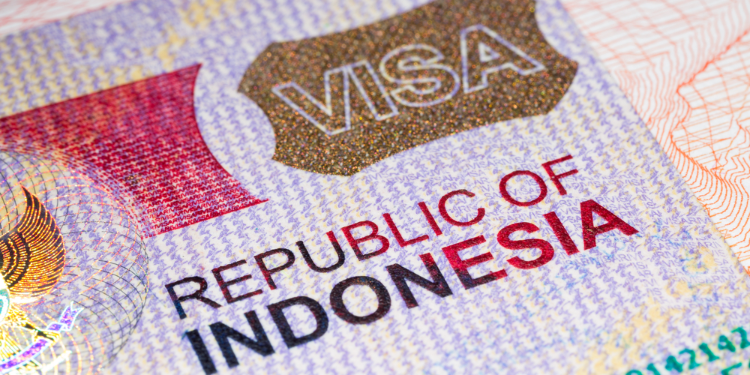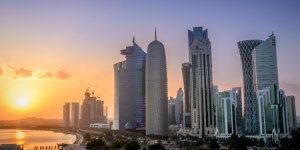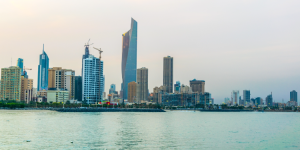
Indonesia has just reached a new milestone with its new secondary residence visa, which allows foreigners to stay in the country for up to 10 years. The new permit will allow foreigners to reside on Indonesian soil for a minimum of 5 years, provided that they comply with a set of conditions. Here's an insight into this new law and how expats see it.
Who can obtain a secondary residence visa?
In a statement issued on October 25, Indonesia's Directorate General of Immigration, under the aegis of the Ministry of Law and Human Rights, officially confirmed the introduction of this new visa. The agency's acting director, Widodo Ekatjahjana, welcomed the move: "On the eve of hosting the G20 summit (to be held on November 15 and 16), we have officially launched the secondary residence visa." The Directorate General's primary objective is to boost the economy by attracting tourists to Bali and other tourist destinations. According to Indonesian authorities, the measure should take effect in December.
This new visa allows foreigners to stay in Indonesian for 5 to 10 years. To apply, candidates must have a valid passport (valid for at least 36 months), a recent color passport photo, a CV, and proof of funds (bank statements, financial guarantees) of IDR 2 billion (about 130,000 USD). The application is made online.
Another visa for wealthy expatriates?
Who is this new visa intended for? Widodo Ekatjahjana explains: "This immigration policy is one of the non-fiscal incentives that can encourage some foreigners to stay and contribute positively to the Indonesian economy in an increasingly dynamic global economic environment." The authorities are particularly targeting investors, entrepreneurs and wealthy retirees.
Fred, who has lived in Indonesia for a long time, sees this as a screening process but thinks it is not necessarily a bad move. "That's easy - They're looking for higher quality people. Cash doesn't ensure it, but it draws a line that some people can't cross with any ease." At the same time, Fred also reminded us of the appalling behavior of some penniless tourists found drunk in the streets of Bali.
Denis, who would like to live in Indonesia, also approves of the measure: "Yes! This secondary residence visa is a good thing." But Harald, who is considering a move to Indonesia, wonders about the motive. Is money really the ultimate criterion? Doesn't it actually discriminate between people? "There is obviously a trend in favor of wealthy tourists and secondary residences. In fact, even the requirements for digital nomads visas around the world far exceed normal incomes."
A view shared by Pasher, who is also thinking of moving to Indonesia: "I don't really see the point of setting such a high threshold. Isn't that an unstated plan that aims at establishing Bali as a haven for the rich? The Covid pandemic had already started to make the average expats leave, the goal now is to raise it another notch to attract the richest, but that won't be enough."
Will this new visa succeed in attracting expatriates to Indonesia? Will it be enough to boost tourism? The government is also in the mood to launch its digital nomad visa. This project, which has been holding out for several months already, comprises a 5-year visa. According to Sandiaga Uno, Minister of Tourism, the measure could draw more than 3 million additional tourists to the country. The Indonesian Central Bank is quite optimistic and is already forecasting growth of 3.8 to 4.6% this year.



















